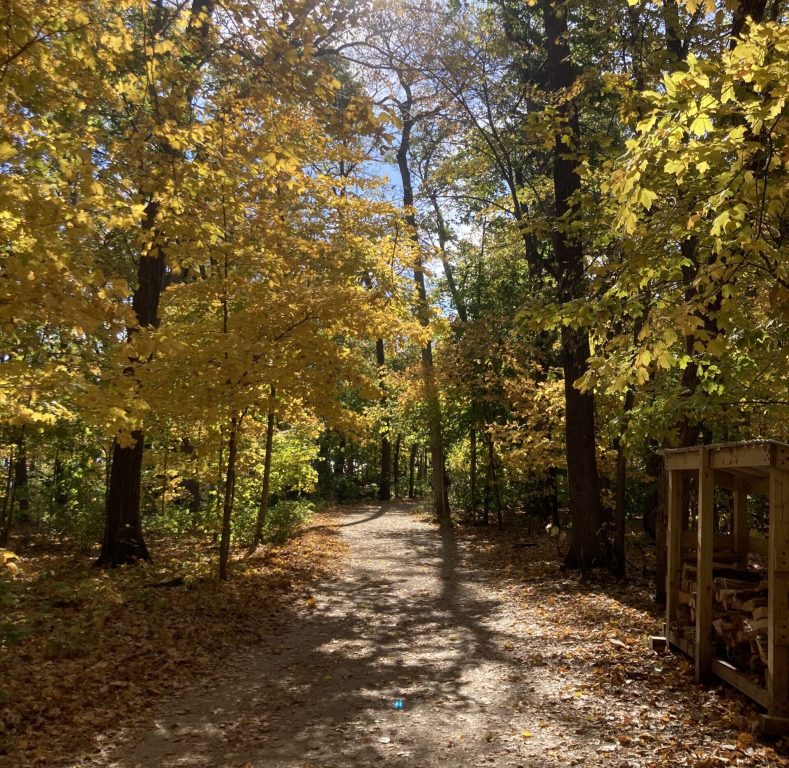Milwaukee and Madison Parks Ranked In Nation’s Top 20
Among systems in 100 largest US cities, Milwaukee ranked 18th, Madison 19th.
Milwaukee and Madison park systems were named among the top 20 in the annual “ParkScore” ranking of the nations 100 most populous cities.
Trust for Public Land, a national nonprofit, conducted the evaluation that has ranked parks for over a decade. It used five categories: equity, access, investment, amenities and acreage.
This year, Washington, D.C., was the top scorer, with Irvine, California ranking second and Minneapolis ranking third.
Milwaukee ranked 18th this year. It climbed three spots from 2024, due in part to improvements in park access. Ninety-five percent of residents in Milwaukee live within a 10-minute walk from a park, up from 91 percent last year, and rising above the ParkScore city average of 76 percent, the analysis found.
Madison came in at No. 19 on the list. Like Milwaukee, Madison scored “remarkably high” on access, with 97.6 percent of its residents living within 10 minutes of a park, said Sophie Vorhoff, the North Woods and Minnesota director for the nonprofit.
“Both Madison and Milwaukee should be proud of their park systems,” Vorhoff said.
Compared to 2024, Madison fell one place in the ranking, likely due to other parks surpassing it, not changes to its own park system, a report from the organization said.
“Another place where Madison and Milwaukee really shined, is in amenities,” Vorhoff said.
For example, Madison is a leader in providing basketball hoops, baseball diamonds, dog parks and playgrounds compared to other cities, she said. And Milwaukee leads in available restrooms and in splash pads for park visitors to cool off in the summer.
Room for improvement
Both cities could improve on equitable distribution of parks, the evaluation found.
“It’s really important not just to have access, but to make sure that everyone across our cities benefits from parks,” Vorhoff said.
“We know that historically, many communities have lacked access. Lower-income communities tend to have less access, and communities of color, and we see that’s the case in both Madison and Milwaukee,” she added.
To measure this, the nonprofit compared the amount of park space available in high- and low-income neighborhoods, as well as neighborhoods with, for example, majority white, Black or Asian residents.
In Madison, people in low-income neighborhoods have 55 percent less park space per-person compared to the average Madison neighborhood, the evaluation found. And residents in neighborhoods with majority people of color had 21 percent less park space per-person compared to those in white neighborhoods.
In Milwaukee, people in neighborhoods of color had 55 percent less park space per-person than people in white neighborhoods. And those in low-income neighborhoods had 33 percent less than people in the average Milwaukee neighborhood.
“There’s less acreage in these cities for communities of color and for lower-income communities, than more affluent or whiter neighborhoods,” Vorhoff said.
That’s not true in all cities, she added.
“[In] Washington, D.C., for example, the color of your skin or your income level does not affect how large of a park you have access to,” Vorhoff said.
Both Milwaukee and Madison could also improve on investment in local parks, the evaluation found.
“Right now, Madison is not keeping up with the national average in terms of investment in it’s park system,” Vorhoff said.
According to Madison’s ParkScore, the city spends $115 per person on its parks, compared to the national average of $133. Milwaukee spends $188 per person.
Taking politics out of parks
Another national survey from the organization found park use did not vary across the political spectrum.
The organization polled people who voted for Kamala Harris and Donald Trump in the 2024 presidential election. They found 80 percent of Harris voters and 83 percent Trump voters had a park they felt comfortable at and wanted to visit regularly.
“There was very little difference in terms of how much folks enjoy and connect to the outdoors and their park systems,” Vorhoff said.
In a time with large political polarization, “parks are one of the great places that brings us together across differences,” she added.
Milwaukee and Madison parks rank top 20 across the nation was originally published by Wisconsin Public Radio.
If you think stories like this are important, become a member of Urban Milwaukee and help support real, independent journalism. Plus you get some cool added benefits.






















Nice.
The immediate question that came to mind for me that is not addressed in this article is whether the ranking is for cities, metropolitan areas, or park systems. I mean, it’s easy to say of Milwaukee and Madison, “Both cities could improve on equitable distribution of parks, the evaluation found,” making it sound like it is a city matter for MKE. However, Milwaukee parks are a regional system (run by the county).
So is the Twin Cities system (run by the Metropolitan Council) but only Minneapolis is ranked because it has the requisite population to make the list—even though it could be argued that St. Paul has similar density. Boston and Cleveland also have regional systems—among others, I’m sure. And, while Fremont, CA and Oakland, CA are called out for their populations, they are part of the massive two-county East Bay Regional Park District.
Here is the MKE map, which is great that it toggles from City to Census Designated Urban Area.
https://parkserve.tpl.org/mapping/#/?CityID=5553000
It doesn’t not, however, show how the County Park system is doing, which could be beneficial when talking about potential improvements.
Where is the ranking of all the cities? I’m curious about the other cities.
Joerod – follow the link in paragraph 4.
Milwaukee’s King Park is the real gem considering it has a buried treasure sitting in the middle of the football/rugby field.
see link for details. (https://www.reddit.com/r/TreasureHunting/comments/oyjcmg/the_secret_a_treasure_hunt_milwaukee_king_park/)
Sociable!
It is nice to hear good news about Milwaukee for a change!